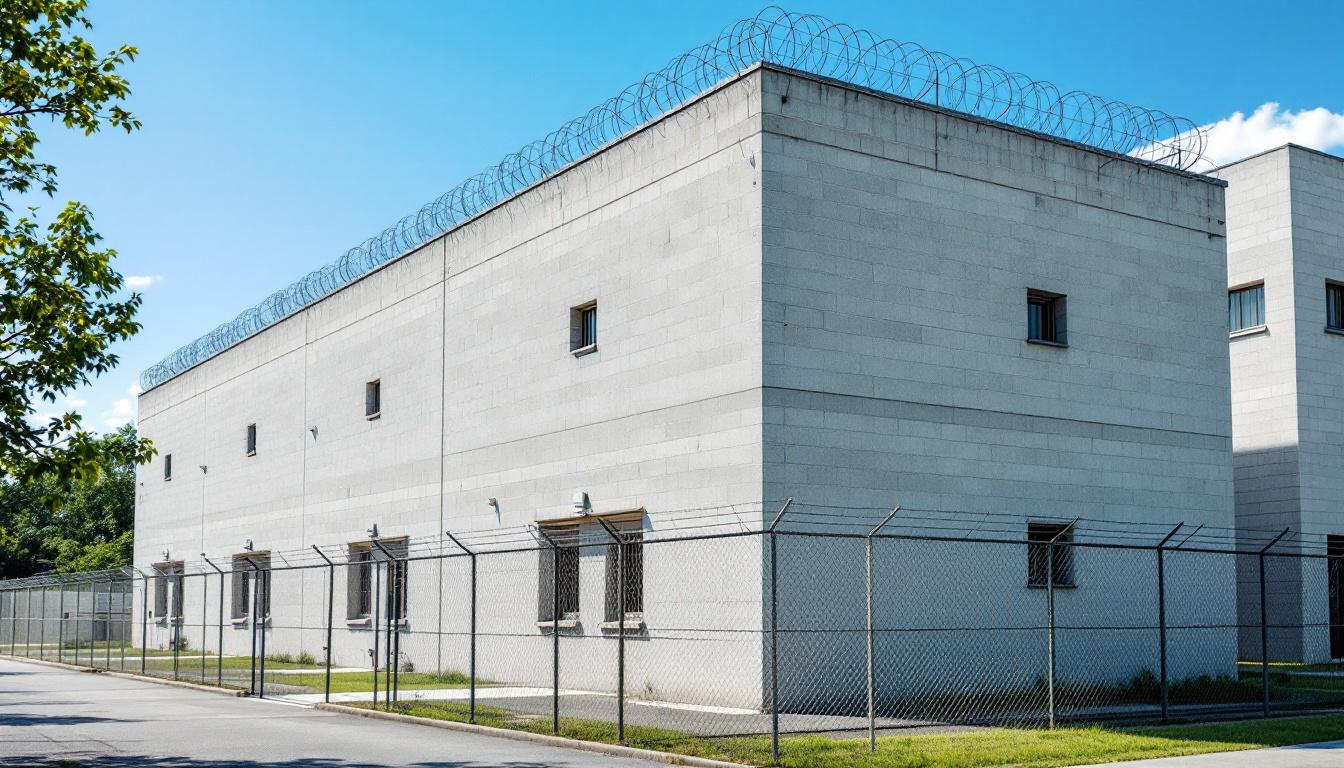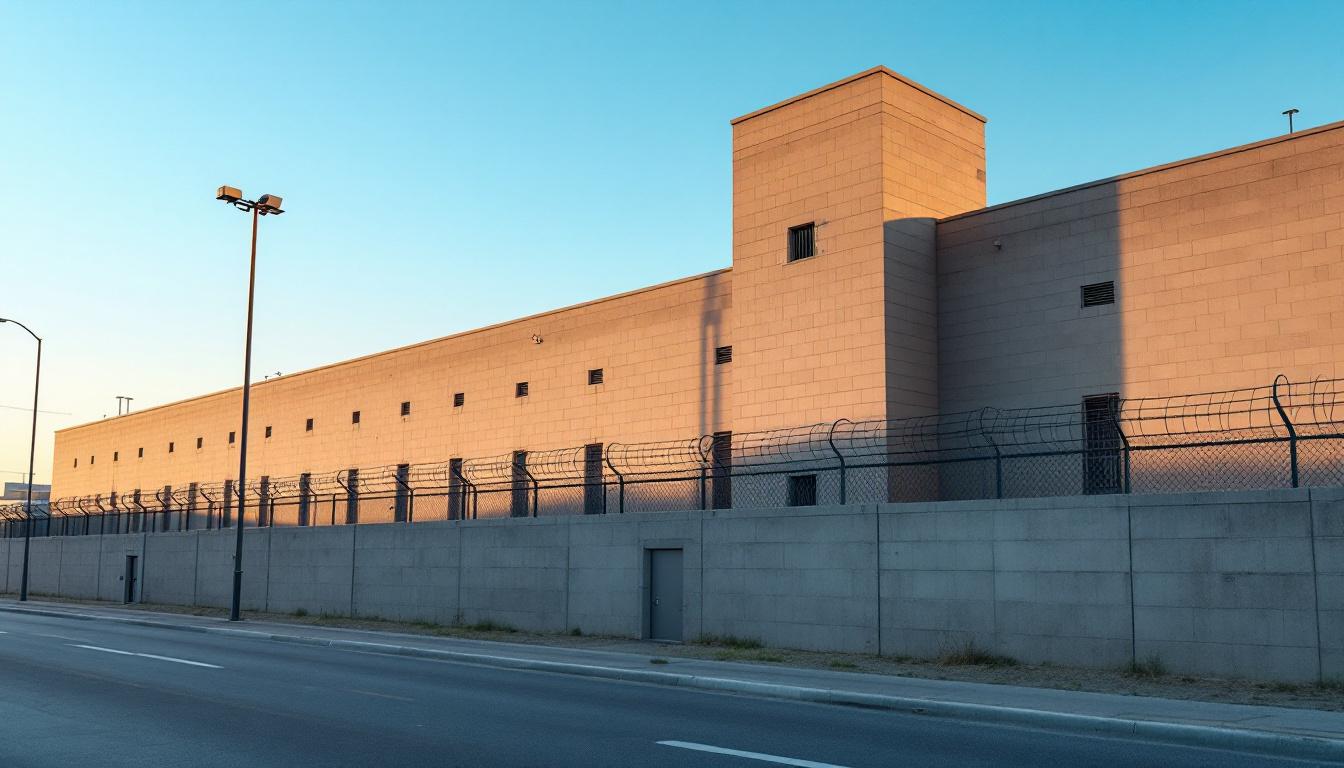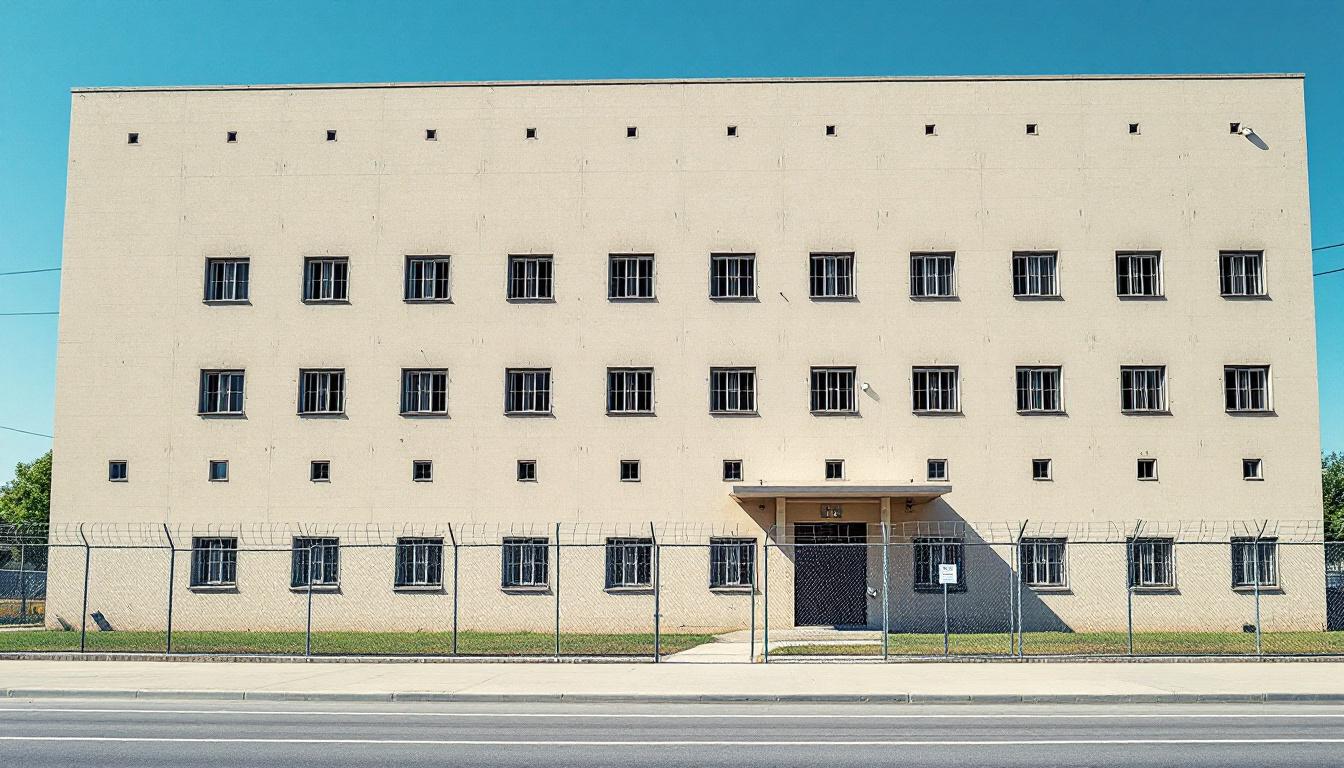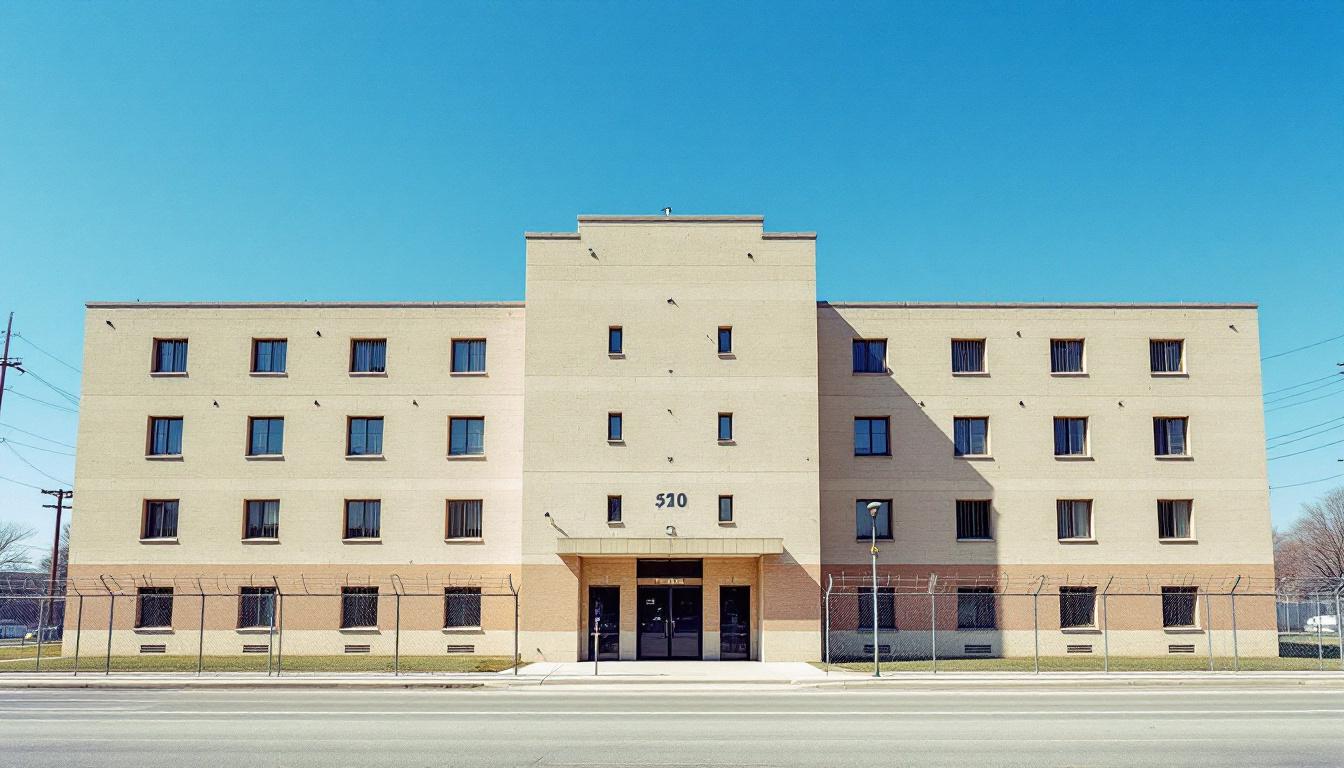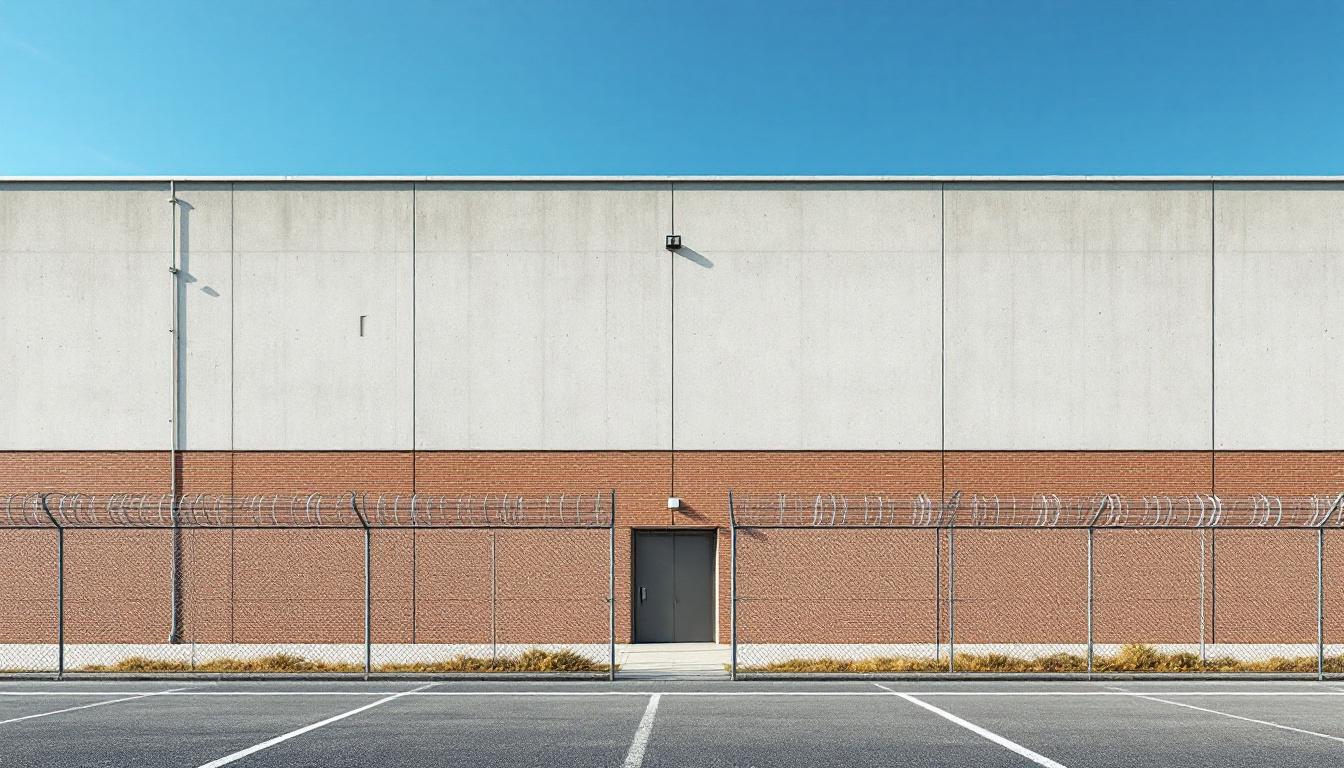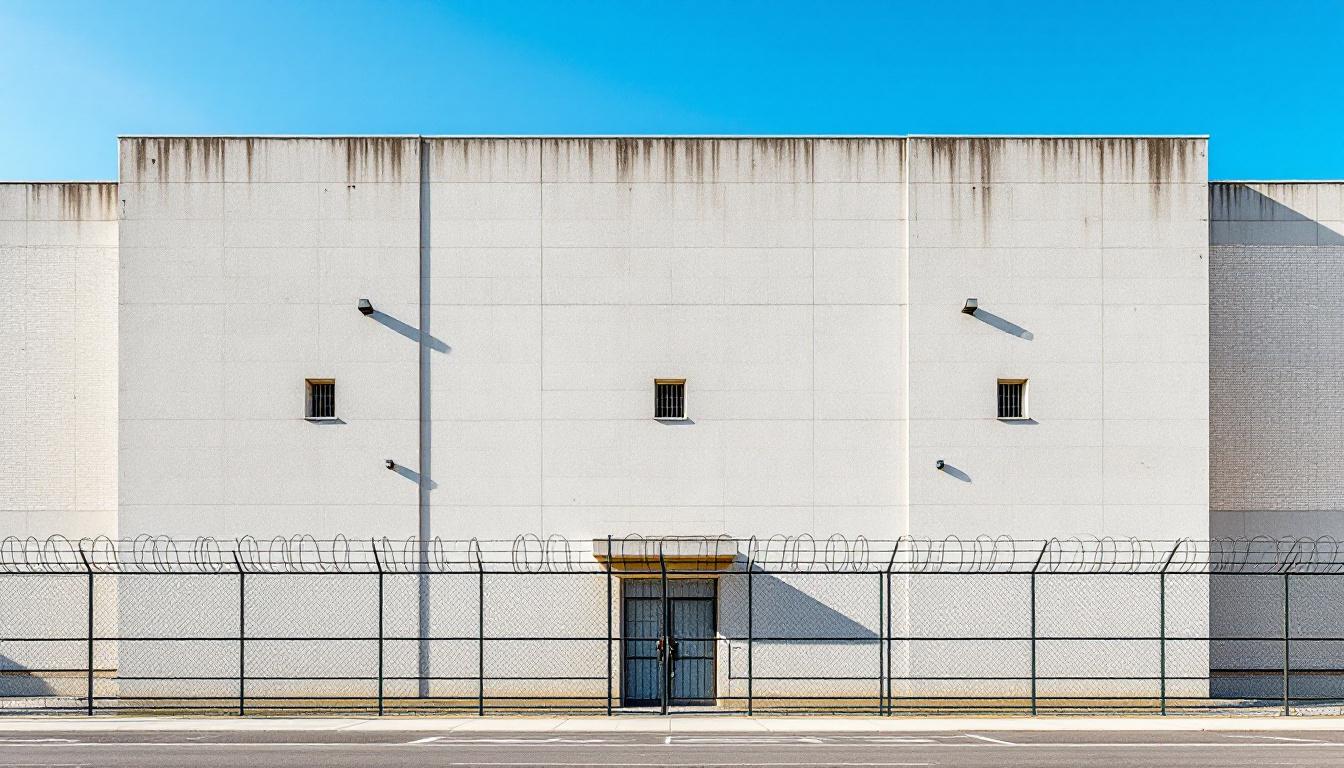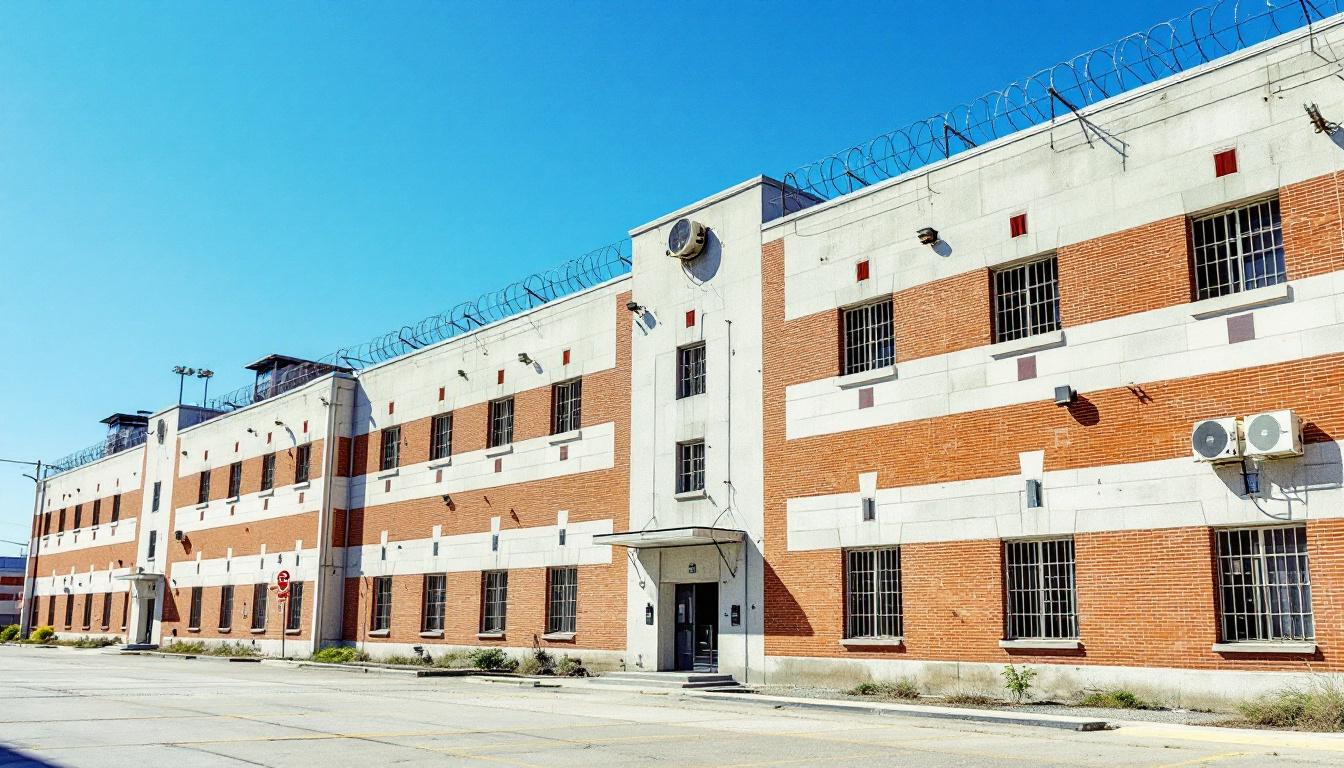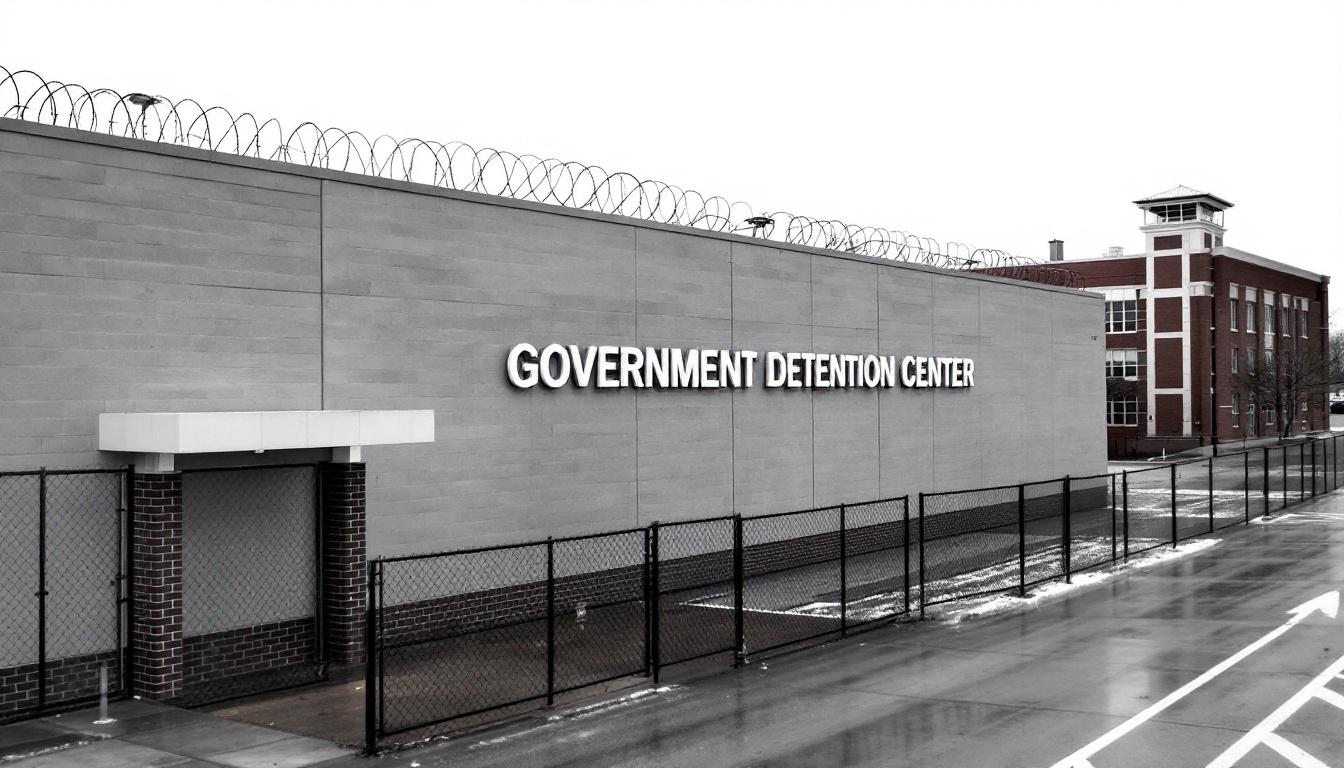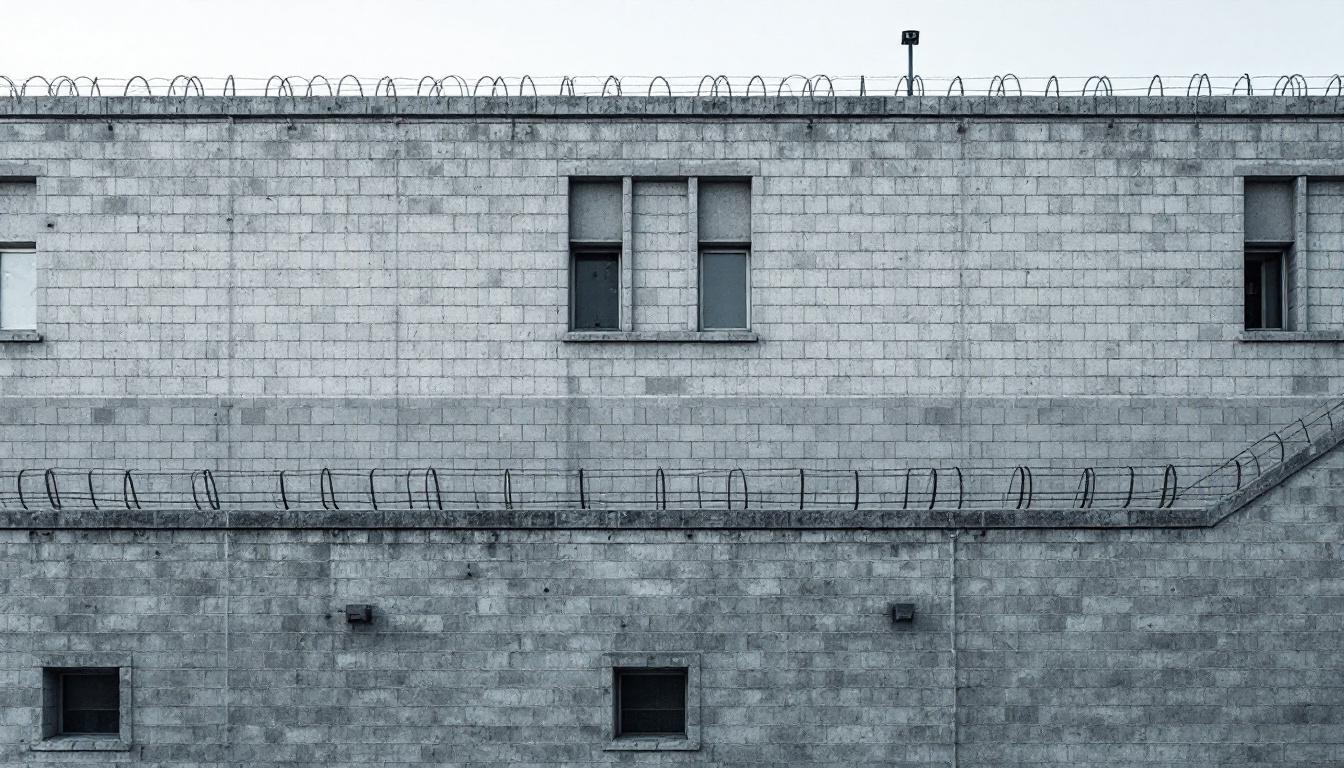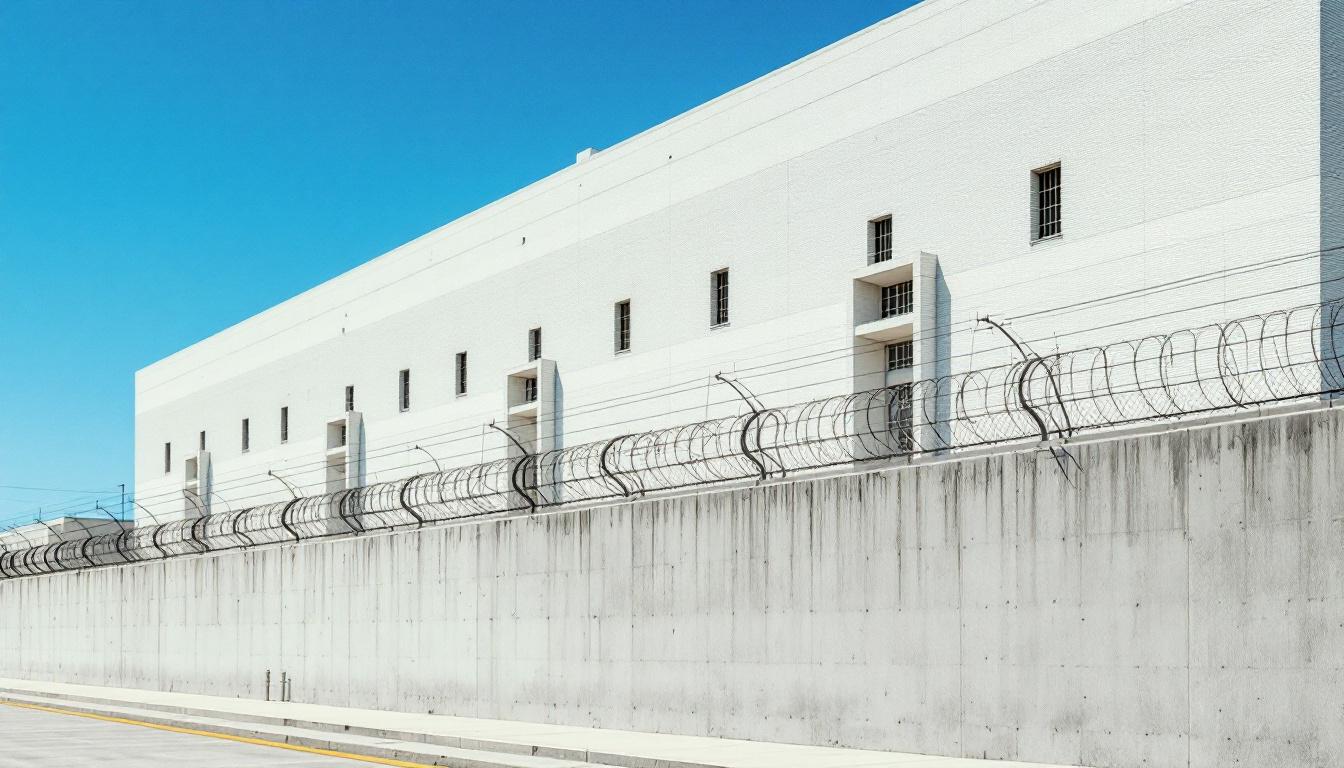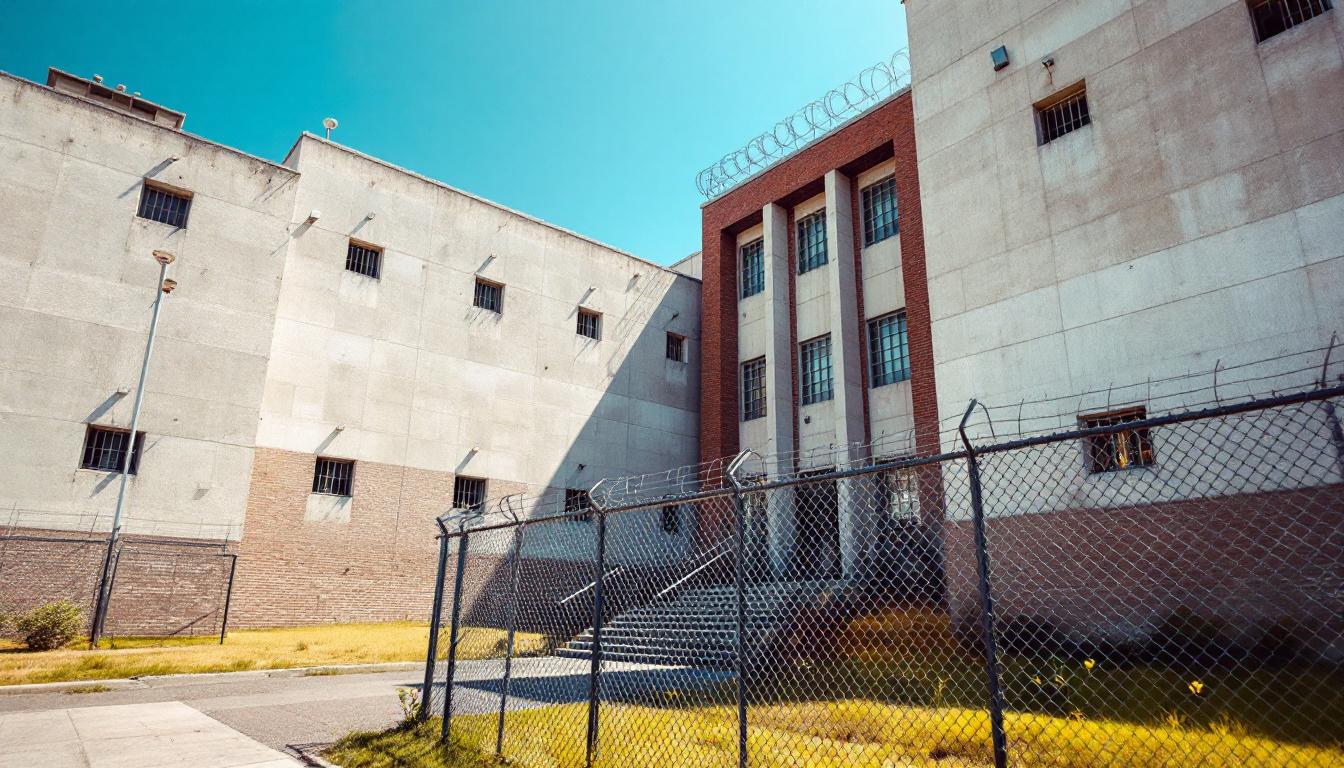
Quick Navigation
How to contact an inmate at Milwaukee Women's Correctional Center
This comprehensive guide will walk you through how to connect with an inmate at Milwaukee Women's Correctional Center. Follow the steps below to find an inmate and send letters and photos:
- Search for the inmate using our search tool below
- Create your account or log in to Penmate
- Write your message (up to 6,000 characters)
- Send instantly - inmates receive printed copies daily
Find an Inmate
Search for an inmate to start communicating today
Tip: You can search by first name, last name, or inmate ID number
To contact a person at Milwaukee Women's Correctional Center start by searching for the person on the official facility website. Perform a search by following these steps:
- Step 1: Enter their first name and last name into the search form and click "Search"
- Step 2: Locate their inmate record
- Step 3: Write down their Inmate ID and any housing information provided
Important! Be sure to enter the person's full name. Nicknames should not be used.
How to Send Messages to Inmates

You can use your phone or computer to send emails, letters, and photos to an inmate. Messages are sent electronically to inmate tablets or kiosks at the facility. If you would like to send a message, start by searching for an inmate at Milwaukee Women's Correctional Center.
Sending Photos and Postcards

A great way to send love and support to a loved one at Milwaukee Women's Correctional Center is to send photos and postcards. It only takes a few minutes to send photos from your phone and it makes a huge difference. You can also mail postcards with words of support and inspiration, or design your own postcard for special moments like birthdays and holidays.
Important! Be sure not to send any explicit photos or they may not be approved by the facility. You can also use a photo printing app like Penmate to make sure your photos are printed at the correct size (4x6 or 3x5) and are mailed according to the rules and regulations of Milwaukee Women's Correctional Center.
Frequently asked questions about Milwaukee Women's Correctional Center
-
How long does it take to deliver a message?
If you're sending an email message your letter is usually delivered within 24-48 hours. For messages sent via mail you should expect delivery within 3-7 days. All messages will need be approved by Milwaukee Women's Correctional Center.
-
How much does it cost to send a message to Milwaukee Women's Correctional Center?
You can send a message free using your phone or mail a message via USPS for the price of a $0.60 stamp and envelope. You can also purchase credits or e-stamps from services starting at $1.99.
-
What services can I use to contact an inmate at Milwaukee Women's Correctional Center?
Penmate
You can use Penmate to send letters and photos to an inmate from your phone. It's an easy way to stay in touch during your loved one's incarceration. Use the inmate locator to find an inmate's location and contact information, then you can send messages within a few minutes.
Securus messaging
Securus may be another option for communicating with an inmate at Milwaukee Women's Correctional Center. You can create a friends and family account and purchase credits to send messages. All messages will be reviewed and must be approved by the facility.
JPay
Some county jails and state prisons may support sending messages with JPay. You must register an account with the system, find your loved one, and purchase stamps to send messages. For some locations you can also attach photos.
Smart Jail Mail
You may also check if Smart Jail Mail is available at Milwaukee Women's Correctional Center. Smart Jail Mail is operated by Smart Communications and has contracted with some state and county jails. After purchasing credits, your messages and photos are sent to the facility, printed out, and then handed out to your loved one.
-
What is the mailing address of Milwaukee Women's Correctional Center?
Mailing address:
Milwaukee Women's Correctional Center
615 W Keefe Ave
Milwaukee, WI 53212
Phone: (414) 267-6101 -
What are the visiting hours at Milwaukee Women's Correctional Center?
Visiting hours at Milwaukee Women's Correctional Center vary by housing unit and security level. Generally, visits are scheduled on weekends and holidays, with some facilities offering weekday visits. Contact the facility directly at (414) 267-6101 or check their website for the current visiting schedule. Visits typically last 30-60 minutes and must be scheduled in advance.
-
What items are prohibited when sending mail to Milwaukee Women's Correctional Center?
Prohibited items typically include: cash, personal checks, stamps, stickers, glitter, glue, tape, staples, paperclips, polaroid photos, musical or blank greeting cards, hardcover books, magazines with staples, and any items containing metal or electronics. Only send letters on plain white paper with blue or black ink. Photos must be printed on regular photo paper (no Polaroids). Always check with Milwaukee Women's Correctional Center for their specific mail policies.
-
How do I send money to an inmate at Milwaukee Women's Correctional Center?
You can send money to an inmate at Milwaukee Women's Correctional Center through several methods: 1) Online using JPay, Access Corrections, or the facility's approved vendor, 2) Money orders mailed directly to the facility with the inmate's name and ID number, 3) Kiosks located in the facility lobby, or 4) Over the phone using a credit or debit card. Fees vary by method, typically ranging from $2.95 to $11.95 per transaction.
-
Can I schedule a video visit with an inmate at Milwaukee Women's Correctional Center?
Many facilities now offer video visitation as an alternative to in-person visits. At Milwaukee Women's Correctional Center, video visits may be available through services like Penmate, Securus Video Connect, GTL, or ICSolutions. Video visits typically cost $10-20 for 20-30 minutes and must be scheduled in advance. You'll need a computer or smartphone with a camera and reliable internet connection. Contact the facility for their specific video visitation policies and approved vendors.
-
What identification do I need to visit an inmate at Milwaukee Women's Correctional Center?
All visitors must present valid government-issued photo identification such as a driver's license, state ID, passport, or military ID. Minors must be accompanied by a parent or legal guardian who can provide the minor's birth certificate. Some facilities require visitors to be on the inmate's approved visitation list, which may require a background check. Contact Milwaukee Women's Correctional Center for specific ID requirements and visitor approval procedures.
-
How can I find out an inmate's release date?
To find an inmate's release date at Milwaukee Women's Correctional Center, you can: 1) Use the online inmate search tool if available, 2) Call the facility's records department, 3) Contact the inmate's case manager or counselor, or 4) Have the inmate provide this information during a call or visit. For privacy reasons, some facilities only release this information to immediate family members.
Facility Overview
Contact Information
Milwaukee Women's Correctional Center615 W Keefe Ave
Milwaukee, WI 53212
Phone: (414) 267-6101
Official Website

About Milwaukee Women's Correctional Center
Providing secure housing and comprehensive rehabilitation services for women in Wisconsin’s correctional system represents the core mission that guides daily operations at Milwaukee Women’s Corr. Center, WI. Located in Phoenix, Wisconsin, this women’s correctional facility serves as an integral component of the state’s approach to supporting those incarcerated while maintaining community safety. The facility’s position within Wisconsin’s correctional network typically emphasizes both security measures and programming designed to address the comprehensive needs often associated with women’s incarceration experiences.
Community partnerships generally play a vital role in shaping the services available to residents, with local organizations often contributing to educational opportunities, vocational training, and transitional support programs. Those incarcerated services may include substance abuse counseling, mental health support, and family reunification programs that recognize the complex circumstances many women face. The facility’s approach to rehabilitation often incorporates evidence-based practices aimed at reducing recidivism while addressing underlying factors that may have contributed to criminal behavior.
Phoenix’s location within Wisconsin provides geographic advantages for maintaining family connections across the Midwest region, while the WI correctional facility structure typically supports various custody levels and programming options. Staff members generally work to create an environment that balances necessary security protocols with opportunities for personal growth, skill development, and preparation for successful community reintegration upon release.
Programs & Services
Personal transformation and skill development form the cornerstone of opportunities available to those incarcerated at Milwaukee Women’s Correctional Center. The facility’s comprehensive approach recognizes that meaningful change occurs through structured learning environments that emphasize security, safety, and personal accountability. Those incarcerated may access a range of offerings designed to build essential life skills while maintaining the disciplined framework necessary for successful reintegration into their communities.
Educational services typically include adult basic education and GED preparation programs that allow participants to complete their high school equivalency in a secure learning environment. Furthermore, vocational programs may furnish hands-on training in trades such as food service, custodial operations, and basic computer skills. These structured educational and vocational offerings often provide those incarcerated with marketable skills while reinforcing the importance of routine, responsibility, and goal achievement within the facility’s safety-focused environment.
Support services complement the educational foundation through cognitive interventions that address decision-making patterns and behavioral change. Furthermore, peer support groups may offer structured opportunities for those incarcerated to develop communication skills and accountability partnerships under staff supervision. Time management workshops typically teach essential organizational skills that prove valuable both during incarceration and upon release. These therapeutic offerings operate within clearly defined security parameters, ensuring that personal growth occurs alongside adherence to facility rules and safety protocols.
Daily Life & Visitation
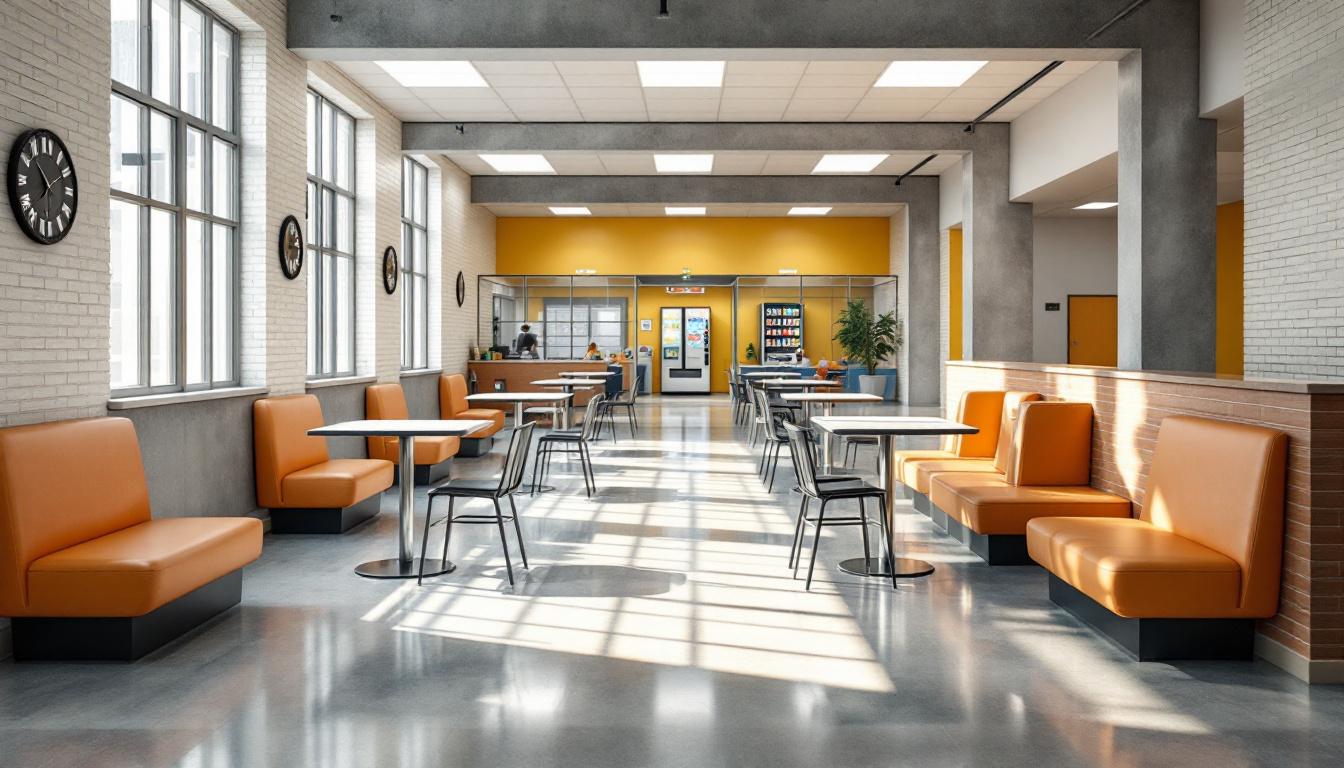
Building connections with family and maintaining relationships often serves as a cornerstone of life for those incarcerated at Milwaukee Women’s Correctional Center. The facility currently operates with structured daily routines that begin early in the morning and continue through evening hours, providing multiple opportunities for social interaction and community building among residents. Those incarcerated typically participate in count procedures, meal times, work assignments, and recreational activities that furnish both structure and chances for meaningful connections.
Housing arrangements generally consist of dormitory-style living units where those incarcerated share common spaces and develop supportive relationships with their peers. Furthermore, the dining hall serves as a central gathering place where residents come together for three meals daily, creating natural opportunities for conversation and community building. Although security protocols are maintained throughout the facility, the environment typically allows for social interaction during designated recreation periods, which may include outdoor time, television viewing, and various indoor activities.
Programming at the facility often includes family-focused initiatives designed to help those incarcerated maintain bonds with their children and loved ones. Visitation policies generally allow for regular contact with family members, while telephone and correspondence privileges provide additional means of staying connected to outside support systems. The facility may offer parenting classes, family counseling services, and special programs that help residents prepare for reunification with their families upon release, recognizing that these connections play a vital role in successful reintegration into the community.
Ready to Connect?
Start communicating with your loved one today
Search for an Inmate
